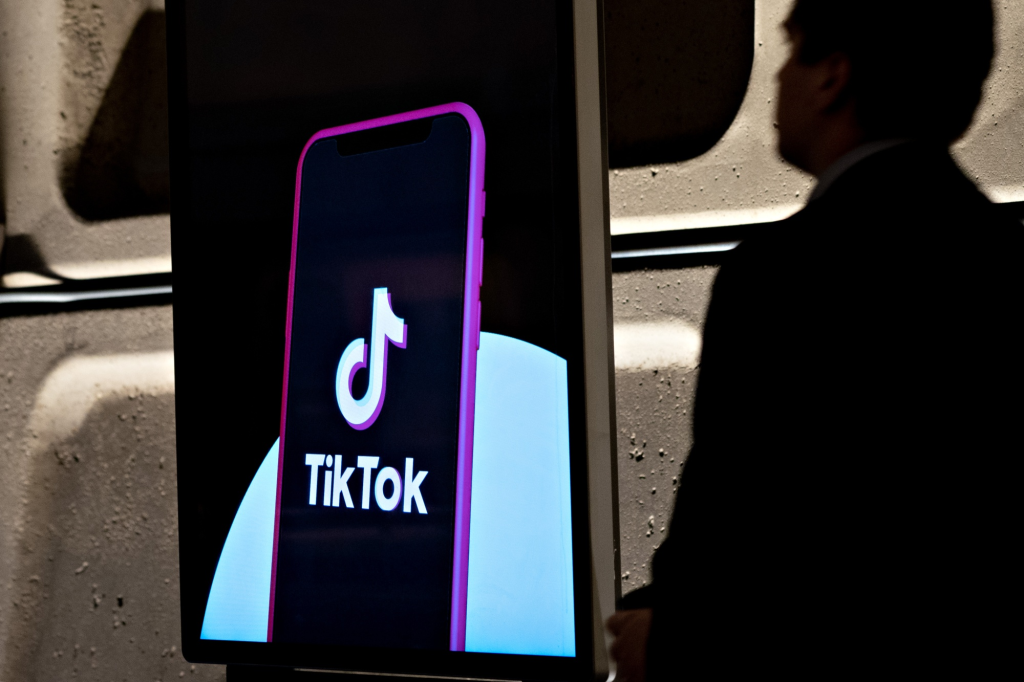
In recent years, TikTok has emerged as a global sensation, captivating millions of users with its short-form video content. While primarily known as a platform for entertainment and creativity, TikTok is now setting its sights on expanding into the lucrative world of e-commerce. With aspirations to tap into a $20 billion market, TikTok is determined to overcome the setbacks it has faced in the United States and establish itself as a major player in the online retail industry.
The Rise of TikTok and Its Cultural Impact
TikTok, a video-sharing social networking service, burst onto the scene in 2016 and quickly gained popularity among Gen Z and millennial users. Its addictive nature and the ability to easily create and share short videos propelled the app to global fame. From dance challenges to comedic skits and lip-syncing performances, TikTok provided a platform for self-expression and creativity in a visually engaging format.
The platform’s impact on popular culture cannot be understated. It has birthed internet trends, propelled songs to the top of music charts, and catapulted ordinary individuals to celebrity status. TikTok has become an influential force, shaping trends and influencing consumer behavior. Recognizing its massive reach and potential, the company is now aiming to leverage its platform to facilitate e-commerce transactions.
TikTok’s Ambitious E-Commerce Endeavor
While TikTok’s core functionality revolves around user-generated content, the platform has been exploring ways to integrate e-commerce seamlessly. By transforming the app into a shopping destination, TikTok hopes to capitalize on the massive user base and their engagement levels. The potential for e-commerce success on TikTok lies in its ability to blend entertainment and shopping, creating a unique and immersive experience for users.
To kickstart its e-commerce venture, TikTok has already introduced several features aimed at facilitating in-app shopping. For instance, the platform has collaborated with various brands to launch “shoppable” ads, allowing users to directly purchase products showcased in videos. Additionally, TikTok has experimented with live-streamed shopping events, where influencers and brands showcase products in real-time and encourage immediate purchases.
Overcoming Setbacks in the United States
Despite its global success, TikTok has faced significant hurdles in the United States. The platform’s Chinese ownership raised concerns over data security and potential censorship, leading to scrutiny from US lawmakers. Former President Donald Trump even attempted to ban the app, citing national security risks. However, after a series of legal battles and negotiations, TikTok managed to escape the ban and continue its operations in the country.
Nevertheless, the setback prompted TikTok to rethink its strategies in the US market. Recognizing the importance of building trust and credibility, the company has been actively working to address concerns raised by regulators and users alike. TikTok has increased transparency by establishing a dedicated content moderation team and implementing strict data privacy policies. These measures aim to alleviate fears and ensure a safe and secure environment for users.
The Road Ahead: TikTok’s Expansion into E-Commerce
With its recent foray into e-commerce, TikTok aims to further diversify its revenue streams and position itself as a comprehensive digital platform. The company’s massive user base provides a significant advantage, as it can seamlessly transition from entertainment-focused content to shopping experiences. By leveraging the app’s algorithm and personalized recommendations, TikTok has the potential to create a highly targeted and engaging shopping environment for its users.





